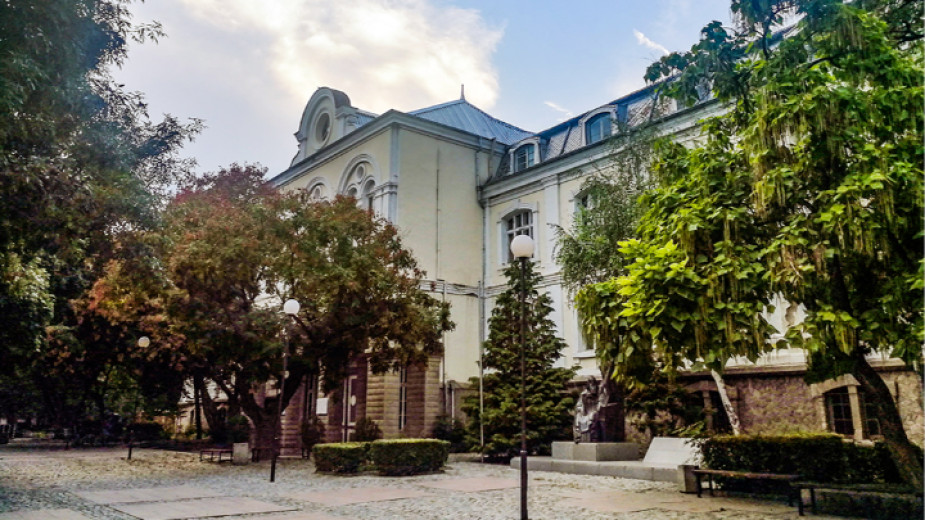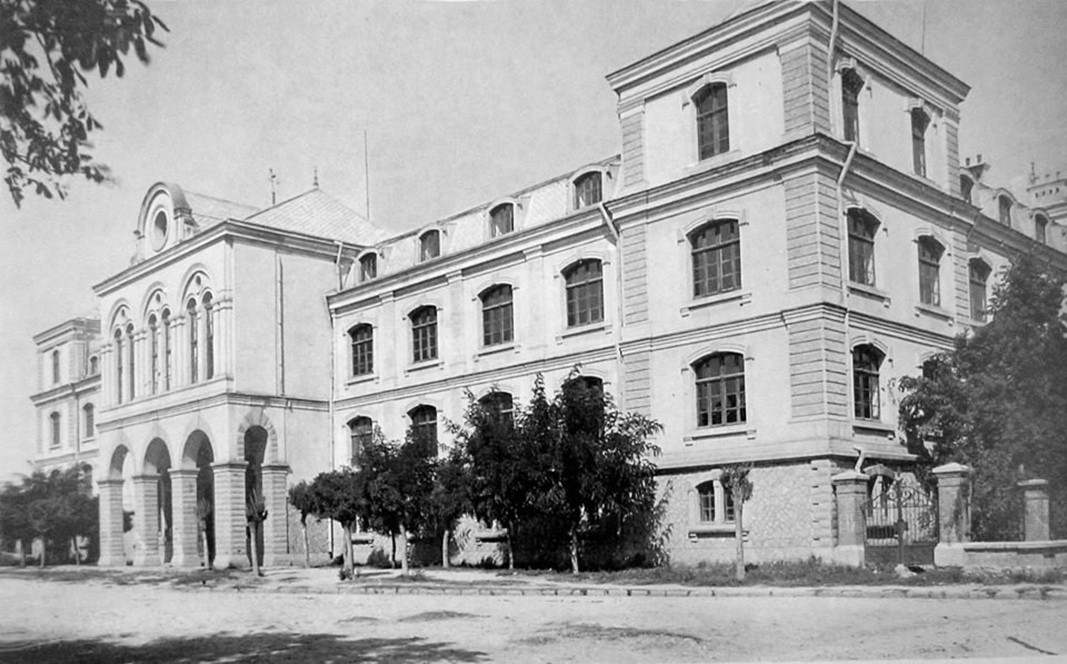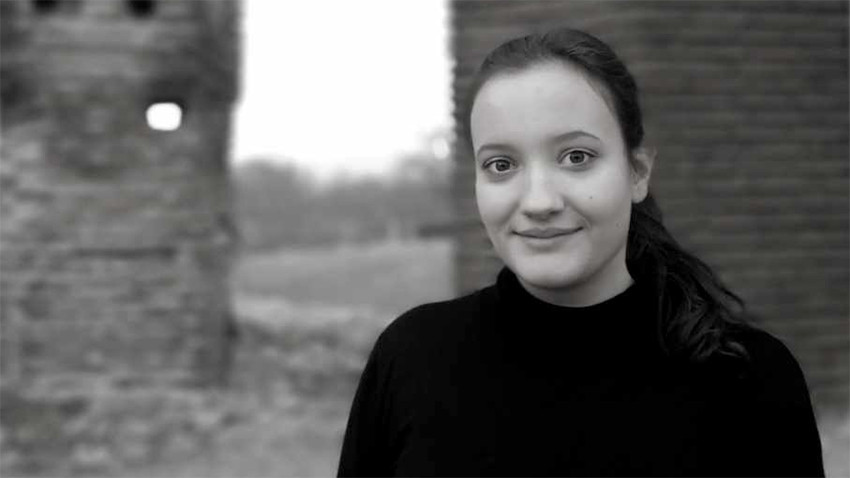 7
7
Two of the first modern schools in Bulgaria were established by educator and writer Nayden Gerov. It is believed that his family is the oldest one in his hometown of Koprivshtitsa. He studied at a monastic school, then at a Greek school in Plovdiv and again in Koprivshtitsa, before going to Odessa, where he attended the Odessa Gymnasium and then the Richelieu Lyceum. After returning to Koprivshtitsa in 1846, Gerov opened his own school and created the first physics textbook in Bulgaria (1849), laying the foundations of this science in the country.
In 1850, he signed an agreement with the Plovdiv elite, according to which he received 6,000 Grosch to open a grade school in the city. On his initiative, on May 11, 1851, a holiday dedicated to the work of the Holy Brothers Cyril and Methodius was organized for the first time in the school of "Sts.Cyril and Methodius" in Plovdiv. The recipient of the traditions of the first Bulgarian school in the city, which has preserved the memory of its founder, is "Knyaz Alexander I" Primary School.

It was opened on October 20, 1885, just a little over a month after the Unification of Bulgaria. Renowned figures such as Ivan Vazov, Petko Slaveykov, Peyo Yavorov, Dimcho Debelyanov, Konstantin Stoilov, Ivan Evstatiev Geshov, Andrey Lyapchev and others studied in its classrooms and later left a lasting mark in the cultural and social life of Bulgaria. Bulgarian national hero Vasil Levski is also a graduate of this school. This fact is a source of great pride, but also an obligation for the future generations of students.

Located on the bank of the Maritsa River, the educational center is housed in the same small building from the National Revival period. This creates a bit of a problem for more than two thousand students who study in it. A new building is to be constructed in an existing vacant yard within the property, which would allow the students to switch to single-shift mode of studying.

However, a significant problem stands out – the new body might dominate the historic building, as it is larger than it. Based on a task prepared by the school management, architect Konstantina Kostova proposes a project for extension, as the space will be divided into smaller, meaningfully grouped classrooms from first to fourth grade; there will be learning spaces for fifth to seventh graders, specialized offices, library center, sports center and administration premises.

"The functional solution is making the school as modern as possible, providing the opportunity for learning through playing and teaching using various modern methods,” architect Konstantina Kostova pointed out in her presentation. “The historical building remains the most prominent in its environment and the landscaping in the property is preserved, however, a new one is also planned in order to obtain a sufficiently harmonious environment between modernity and architectural wealth."

In the new building, the corridor spaces will be smaller and will be designed differently:
"When they have a break, students can go out to a central common space on each floor and they will be able to communicate and have fun to the fullest,” the architect says in an interview with Radio Bulgaria. "This helps in avoiding the standard arrangement in school environments where the corridor is just a transit space between the different classrooms.”

The school will also have a 350 sq. m. library and an assembly hall with 150 seats, which can also be used for public events.
The most important thing is to find the right approach in order to highlight the school’s most important features and its historical value, so that it can be preserved as much as possible, the architect says in conclusion.
People with mental disabilities will share their unique perspective on Sofia's architectural heritage in the photographic exhibition "Architectural Stories from Old Sofia". It will be opened on November 1 in the Cultural Space of the Central Sofia Market..
Although they came with the calling to uplift our world, the chosen ones not only followed their predetermined path, but also risked not fully revealing themselves because of their sacred duty to the Fatherland. Among these Renaissance Bulgarians was..
The Plovdiv Jazz Festival is celebrating its tenth birthday this year with a program, both in the summer and autumn, featuring some of the biggest names in the world of jazz. The autumn edition will announce the second largest city in Bulgaria - Plovdiv,..

+359 2 9336 661
